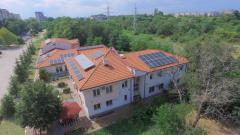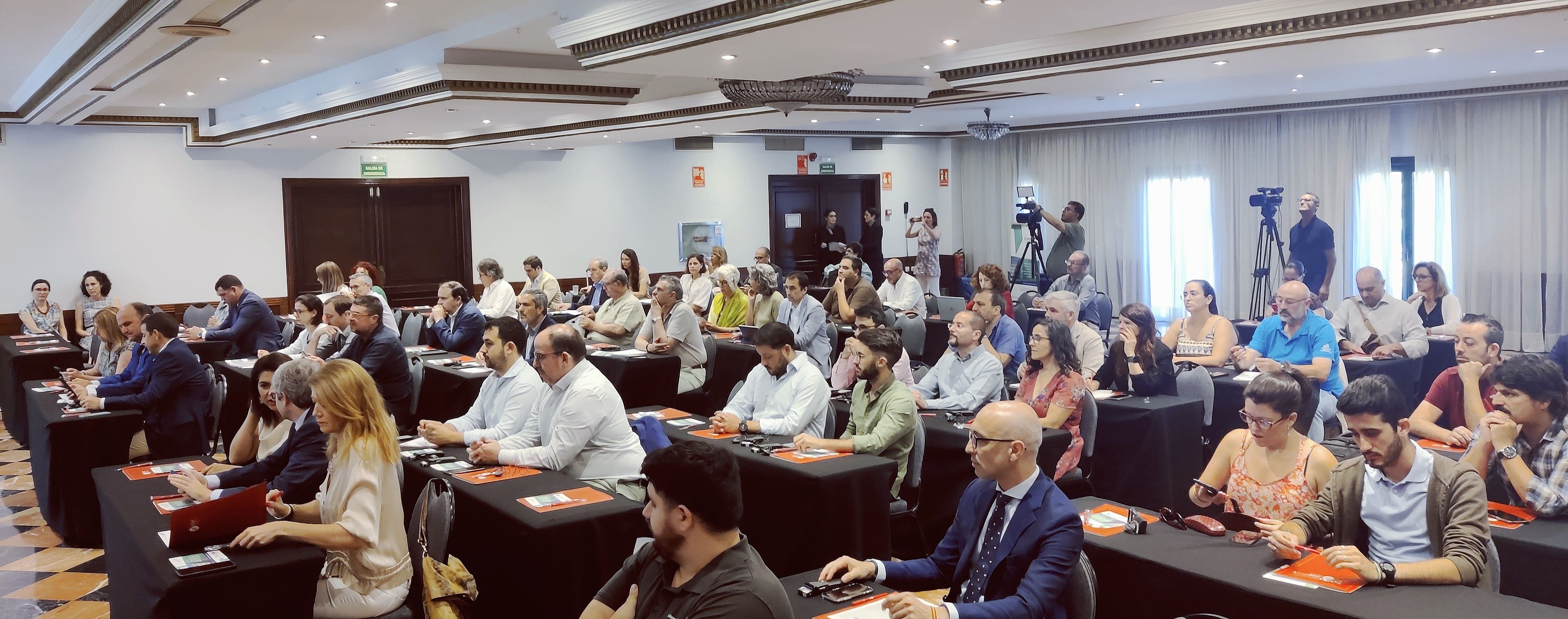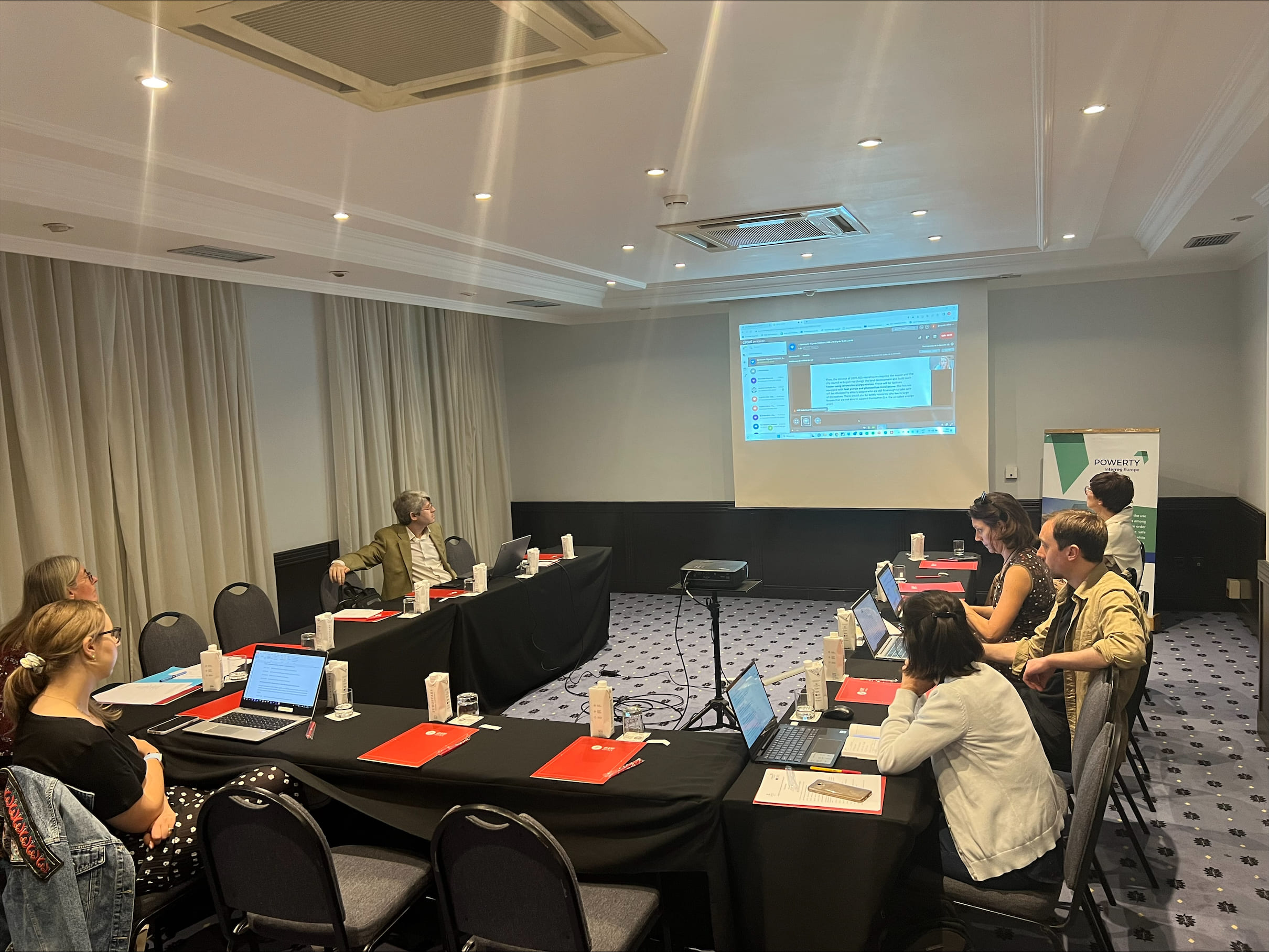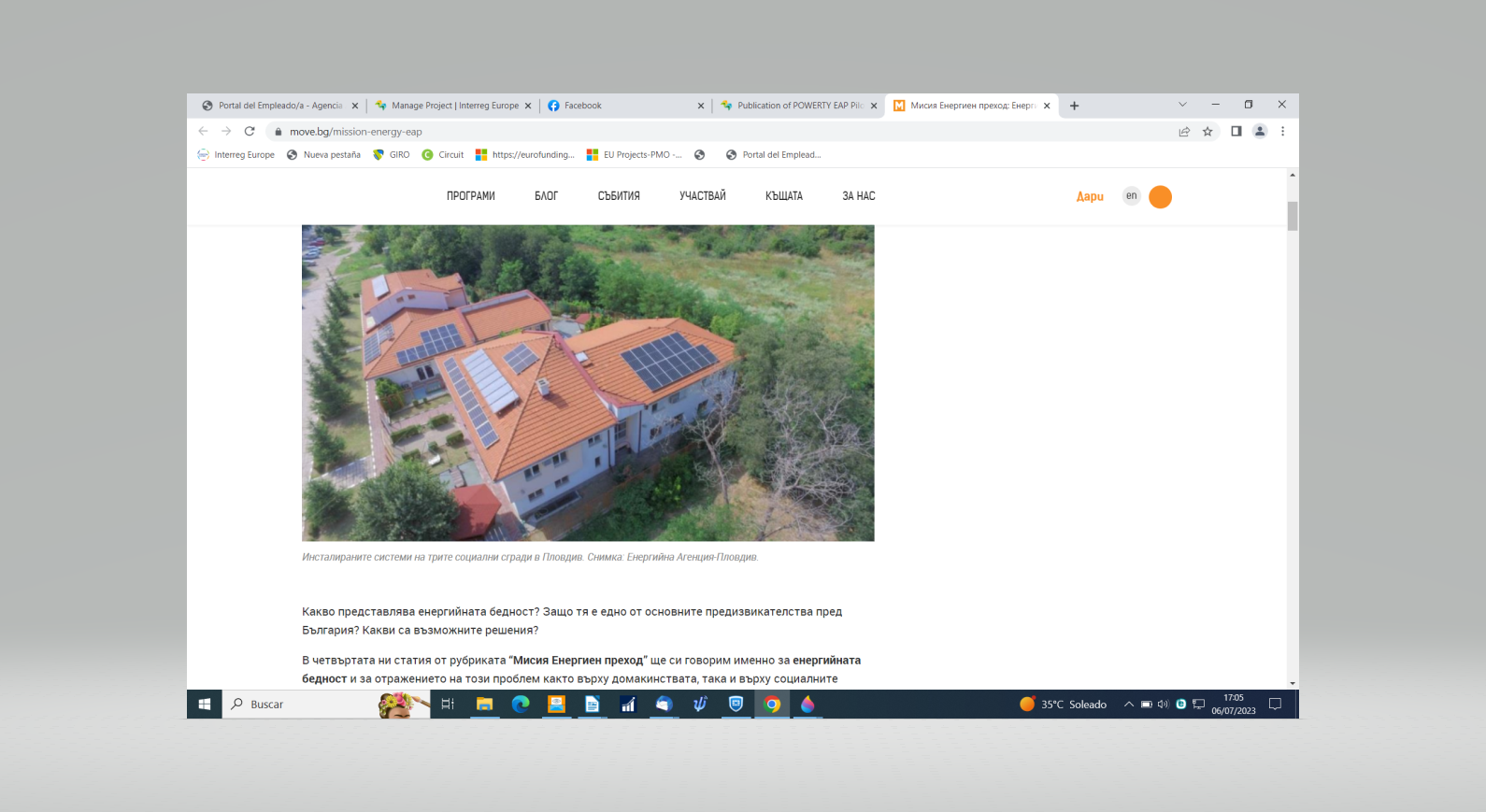Yet another step is being taken towards the development of renewable energy – the Seimas has approved draft laws prepared by the Ministry of Energy which will allow residents to cooperate and establish renewable energy communities. Producers of electricity from renewable energy sources (RES) will also be allowed to directly conclude contracts and sell energy to end users. This should make green energy even more attractive among companies.
“We can see that renewable energy is rapidly gaining popularity among residents and companies, so we are constantly looking for new solutions, improving the environment and expanding opportunities for everyone. Today, energy communities are still a novelty not only in Lithuania, but in other European countries as well, but in the future they will become a fairly common phenomenon, just as renewable energy has already become in many households today,” says Minister of Energy Žygimantas Vaičiūnas.
With the legalisation of renewable energy communities, residents will be able to unite into these communities together with municipal institutions and small businesses and self-supply and sell electricity from renewable sources.
The amendments to the Law on Energy from Renewable Sources envisage that renewable energy communities will be able to manage and develop power plants using renewable resources for energy production – to produce, consume and accumulate energy in their storage facilities and sell the energy produced. These communities can be owned by individuals along with small- and medium-sized enterprises or local authorities, such as municipalities or elderships. However, natural persons will have to hold at least 51 per cent of the votes at the general meeting of shareholders.
Similar communities are currently being actively developed in other EU countries that pay particular attention to clean, harmonious and sustainable energy, such as Denmark, the Netherlands and Germany. These communities are creating significant added value in these countries: more people are involved in the development of small-scale renewable energy, and locals have more opportunities to attract investment in renewable energy.
Today, the Seimas approved amendments to the law that will create more favourable conditions for residents to purchase remote solar power plants. Conditions have been simplified for prosumers who have purchased a power plant from a solar farm – the solar power plant will be considered movable property, so the purchase and sale agreement for the power plant part will not have to be drawn up as a notarised transaction. In addition, prosumers who have chosen an independent electricity supplier will be able to be compensated for the electricity produced and not consumed during the accumulation period at the price agreed with the supplier or set by the National Energy Regulatory Council.
More favourable conditions are also being created for businesses to use renewable energy. The amendments to the Law on Electricity will reduce the administrative burden for RES producers – in order to sell electricity to the end user, it will no longer be necessary to obtain a licence as an independent electricity supplier. RES producers who sell electricity to the end user in accordance with RES energy purchase and sale agreements would be subject to the same requirements as independent electricity suppliers. RES producers would be able to conclude contracts with consumers and inform the National Energy Regulatory Council about the contract concluded. These amendments aim to make it easier for renewable energy producers to sell the energy they produce.
Conditions are also being improved for renewable energy developers by stipulating that guarantees of origin will also be issued to RES producers who have been allocated aid as of 2019. With the amendment of the law, a compensation mechanism is provided for RES producers which ensures that they will be reimbursed if there is an interruption in electricity transmission for a period of more than 336 hours in two years. Easier spatial planning procedures are also established for RES producers developing power plants under 500 kW.
Access to the new: https://enmin.lrv.lt/en/news/lithuania-to-allow-renewable-energy-communities-more-opportunities-for-businesses-to-use-green-electricity










